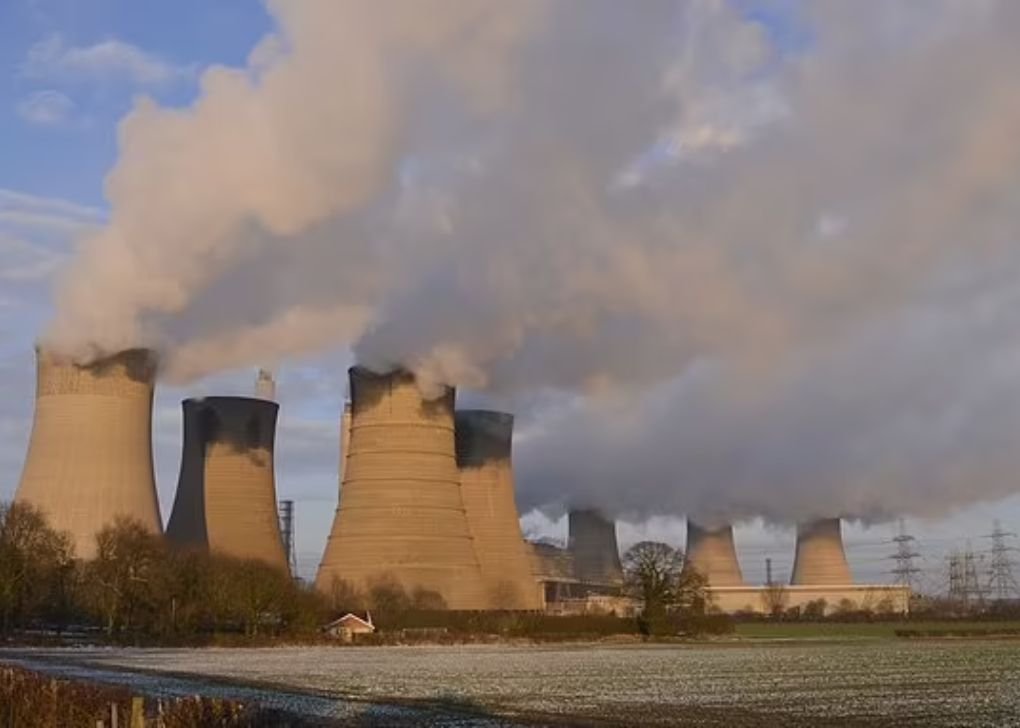Power generation is a vital component of modern society, powering everything from homes and businesses to entire cities. As such, it is a field that offers numerous career opportunities for those interested in engineering, technology, and the environment. However, the question remains. Is power generation a good career path? In this blog, we will explore the various aspects of power generation as a career, including job outlook, salary expectations, and potential for growth.
What is Power Generation?
Before we delve into the specifics of a career in power generation, let’s first define what we mean by Is Power Generation a Good Career Path? Power generation refers to the process of generating electricity through the use of various methods, such as coal-fired power plants, nuclear power plants, hydroelectric dams, and renewable energy sources, such as wind and solar power.
Job Outlook
The job outlook for power generation careers is generally positive. According to the U.S. Bureau of Labor Statistics (BLS), employment of power plant operators, distributors, and dispatchers is expected to grow by 1 percent from 2020 to 2030, which is as fast as the average for all occupations.
This growth is driven by a variety of factors, including the need for new power generation facilities to meet increasing demand, the replacement of retiring workers, and the expansion of renewable energy sources. In addition, there is a growing need for workers with expertise in digital technology and data analytics as power generation becomes increasingly automated and reliant on complex data systems.
Salary Expectations
One of the primary considerations for any career path is salary expectations. Power generation careers offer competitive salaries, particularly for those with advanced education and experience. According to the BLS, the median annual wage for power plant operators, distributors, and dispatchers was $85,950 in May 2020.
The highest 10 percent earned more than $116,090, while the lowest 10 percent earned less than $49,970. Salary ranges depend on geography and the particular employment. For example, power plant operators in California had a median annual wage of $111,820 in May 2020, while those in Oklahoma had a median annual wage of $70,210.
Potential for Growth
The potential for growth in power generation careers is significant, particularly for those with advanced education and training. For example, power plant operators and dispatchers may advance to supervisory or management positions, where they oversee the operations of entire power plants or multiple facilities.
In addition, there is growing demand for workers with expertise in renewable energy sources such as wind and solar power. As these technologies continue to develop and expand, there will be increasing opportunities for those with the skills and knowledge to design, build, and operate these facilities.
Environmental Concerns
One of the primary concerns associated with power generation careers is the potential impact on the environment. Many traditional power generation methods, such as coal-fired power plants, are associated with significant air and water pollution. This has led to increasing interest in renewable energy sources such as wind and solar power, which have a lower environmental impact.
As a result, those interested in a career in power generation should be aware of the potential environmental impacts of different methods of power generation. They should also be prepared to adapt to changing technologies and regulations as society seeks to reduce its carbon footprint and move towards a more sustainable future.
Education and Training
Education and training requirements for is Power Generation a Good Career Path can vary depending on the specific job and location. In general, most positions require a high school diploma or equivalent, as well as on-the-job training.
However, those interested in advancing their careers and increasing their earning potential may benefit from pursuing additional education and training. This can include a degree in a relevant field, such as electrical or mechanical engineering, as well as certifications in areas such as renewable energy or digital technology.
Advancements in Technology
Advancements in technology are transforming the power generation industry, creating new opportunities for those with the skills and knowledge to adapt to these changes. One of the most significant advancements is the growth of renewable energy sources such as wind and solar power.
As these technologies continue to develop, there will be increasing demand for workers with expertise in areas such as energy storage, smart grid technology, and data analytics. In addition, the use of digital technology and automation is transforming the way power plants operate. For example, digital sensors and data analytics can help operators identify potential equipment failures before they occur, reducing downtime and increasing efficiency.
Work Environment
The work environment for power generation careers can vary depending on the specific job and location. For example, power plant operators may work in a control room, monitoring and adjusting equipment to ensure optimal performance. They may also be required to work rotating shifts, including nights and weekends.
In contrast, those working in renewable energy may spend time in the field, installing and maintaining equipment such as wind turbines and solar panels. This work may require significant physical exertion, as well as the ability to work at heights or in remote locations. Safety is a top priority in the power generation industry, particularly for those working with potentially hazardous equipment such as nuclear reactors or natural gas turbines.
Conclusion
Power generation can be a good career path for those interested in engineering, technology, and the environment. With a positive job outlook, competitive salaries, and significant potential for growth, there are numerous opportunities for those willing to invest in education and training. However, those considering a career in power generation should also be aware of the potential environmental impacts of different methods is Power Generation a Good Career Path, as well as the need to adapt to changing technologies and regulations. By staying current with industry trends and advancements and prioritizing safety and sustainability, power generation professionals can contribute to a more efficient, reliable, and sustainable energy future.

